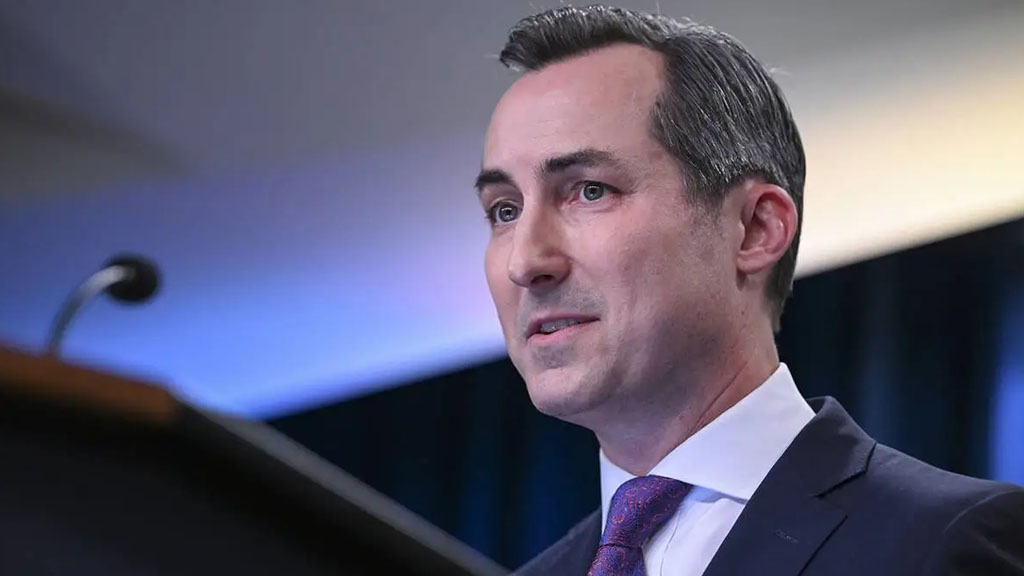ISLAMABAD: Matthew Miller, spokesperson for the US Department of State, cautioned on Tuesday that Washington would not recommend any country, including Pakistan, of “considering business deals” with Iran, warning of “ramifications” such as sanctions.
This statement comes in the context of the Pakistan-Iran gas pipeline project, known as the Peace Pipeline, which has been in development for over two decades but has faced numerous delays and funding challenges. The pipeline is designed to transport natural gas from Iran to Pakistan.
In March, Pakistan announced its intention to seek a US sanctions waiver for the pipeline, to which the US responded by reiterating its opposition to the project and warning of the risk of sanctions associated with doing business with Tehran.
Recent media reports indicated that Iran had issued a final notice to Pakistan to complete its portion of the cross-border gas pipeline or face international arbitration and potentially billions of dollars in fines.
“We will continue to enforce our sanctions against Iran and advise anyone considering business deals with Iran to be mindful of the potential ramifications,” Miller stated in response to a question regarding Pakistan’s push to complete the pipeline and seek a US sanctions waiver.
He added, “At the same time, helping Pakistan address its energy shortage is a priority for the United States, and we continue to discuss energy security with the Government of Pakistan.”
The pipeline agreement, signed in 2010, envisioned the supply of 750 million to a billion cubic feet of natural gas per day from Iran’s South Pars gas field to Pakistan over a 25-year period. The pipeline was planned to span 1,900 kilometers (1,180 miles), with 1,150 km within Iran and 781 km within Pakistan.
Iran claims it has already invested $2 billion to construct the pipeline on its side of the border and is ready to begin exporting gas. However, Pakistan has not yet started construction on its side, citing international sanctions on Iran as the reason.
In response, Iran’s then-oil minister stated that Iran had fulfilled its commitments and expected Pakistan to do the same, urging Pakistan to accelerate the project.
In 2014, Pakistan requested a 10-year extension to complete the pipeline, which expires in September this year. Iran could potentially take Pakistan to international court, with the possibility of imposing fines of up to $18 billion for failing to meet its obligations under the agreement.
Faced with this potential penalty, Pakistan’s government earlier this year gave approval in principle to begin constructing an 80 km segment of the pipeline. In March, Pakistan announced its intention to seek a sanctions waiver from the US.
Washington’s support is crucial for Pakistan as it seeks approval from the IMF executive board for a 37-month, $7 billion bailout program signed in July. Pakistan, which relies heavily on natural gas for domestic and industrial use, is in urgent need of affordable energy as its own reserves dwindle and LNG deals become increasingly expensive amid high inflation.
Iran, possessing the world’s second-largest gas reserves after Russia, has faced obstacles in becoming a major exporter due to Western sanctions, political instability, and construction delays.
The original Pakistan-Iran agreement also included extending the pipeline to India, but India later withdrew from the project.
US Assistant Secretary of State Donald Lu, testifying at a Congressional hearing earlier this year, expressed strong opposition to the pipeline, stating, “I fully support the efforts by the US government to prevent this pipeline from happening. We are working toward that goal.”


